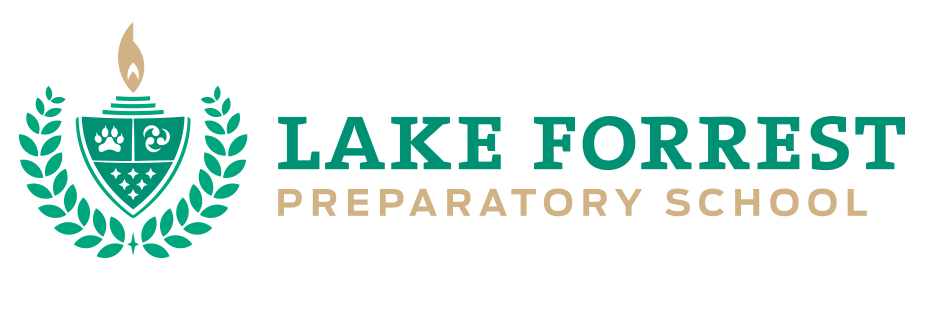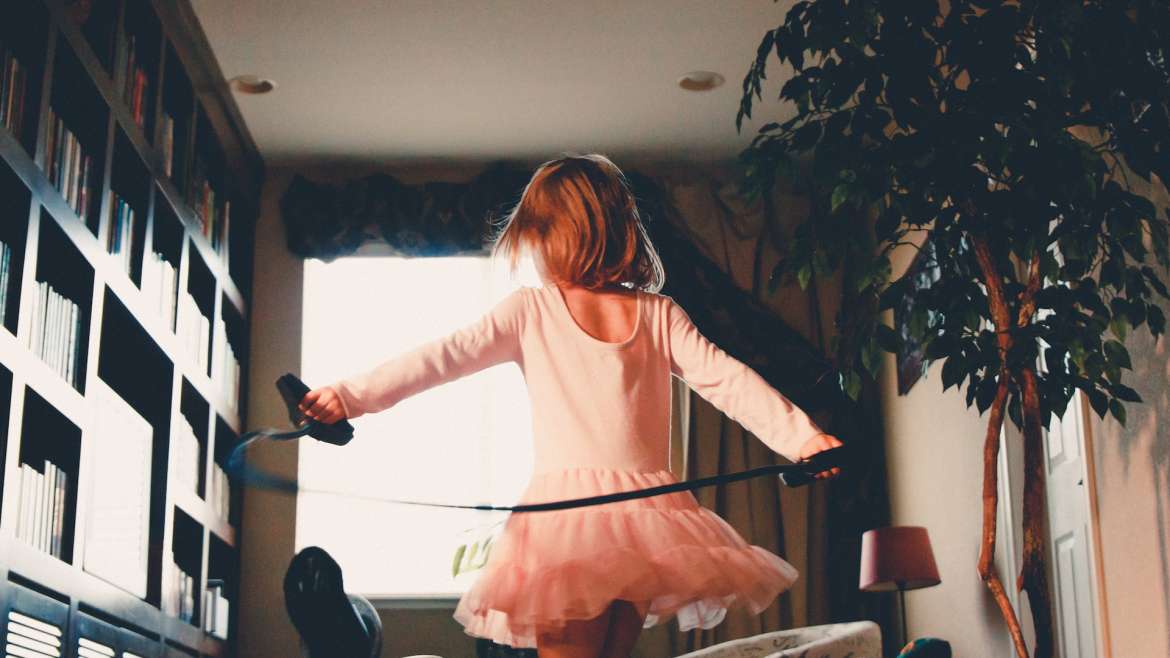Research has shown that studying less may mean learning more. How? When children – and adults – take breaks while studying they retain more information. In fact, studying for 3 hours and taking a break every 30 minutes will help a student learn more than studying for 4 hours without a break. These “brain breaks” vary from student to student and can be different lengths of time. Here are a few brain break ideas that may help your child learn smarter.
Get moving
The body produces endorphins (also known as feel-good hormones) when we exercise, especially when the exercise is something we enjoy. Going on a walk around the block or playing catch with a sibling releases these endorphins and allows a student to stop agonizing over a problem. Even better, stepping away from a difficult problem often leads to a clear solution.
If your child is motivated by music, have a dance party every hour or so. Set a timer, and turn on a few favorite songs as you dance around the house together. Be sure to grab a drink of water before settling back into study mode.
Take a moment to relax
Show your child how to relax with deep breathing exercises for a few minutes after 20 minutes of studying. Freeing the mind by breathing deeply helps the body recover from the stress of studying. For a little activity while relaxing, try gentle stretches or yoga poses. Focusing on mastery of breathing techniques or exercises will help take their mind off the problems at hand.
Be creative
Adults and children alike can become transfixed with intricate coloring books and pages. These activities are engaging and relaxing for people of all ages. However, your child may feel like they’re too old or too cool for coloring. Any arts and crafts, such as embroidery, origami, knitting, crocheting, modeling clay and making bracelets, can de-escalate an overburdened mind.
Grab a healthy snack
Studying takes a tremendous amount of energy. Refuel with a healthy snack, such as peanut butter and an apple, grapes, cheese and crackers, a fruit smoothie or anything healthy that takes a few minutes to prepare before consuming. While your child prepares their snack of choice, that will give their brain additional time to rest. Sometimes the mindless task is just as important as the food itself.
Add physical activity into learning
If your child is studying something you can easily explain or the study material is on note cards, take advantage of the great outdoors, and walk as you study. Have your child quiz you as you walk by, asking questions about the subject. Learning by teaching is a fantastic method of study, and many children learn better when physical activity is partnered with studying.
Keep in mind these ideas can be easily mixed and matched. The biggest takeaway is to keep study sessions short in duration. Also remember that younger children should study for shorter periods of time. Learn more about study habits and academic success by visiting Lake Forrest Prep online or by calling 407 331-5144.


